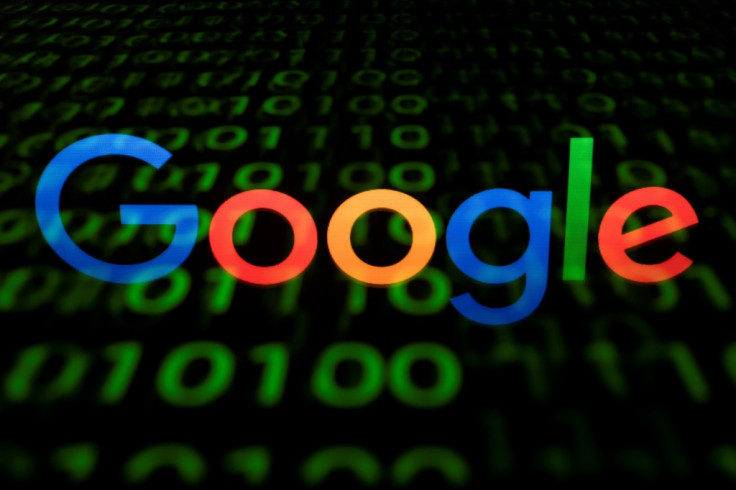Google eyeing new undersea infrastructure to drastically improve internet quality
Google is reportedly naming its latest project after an American computer scientist and naval rear admiral – Grace Hopper.
In a bid to meet the growing demand for fast, secure, and reliable internet services, Google announces its plans to lay new undersea cables. Instead of relying on existing facilities, the internet search company will be offering a more robust infrastructure. It intends to establish a direct connection between the United States and Europe – specifically the United Kingdom and Spain. The undertaking should be completed by 2022 and will be the group's fourth privately-owned facility.
Normally, telecommunication companies share resources to fund these costly ventures. To make up for their expenses, they then lease these to other businesses that will, in turn, offer internet services to consumers. Google is reportedly naming its latest project after an American computer scientist and naval rear admiral – Grace Hopper.
The undersea cable will connect at Bude, Cornwall – a town in the U.K. and Bilbao in Spain. Telecom analyst IDC's John Delaney noted that Google wants "an ever-increasing amount of transatlantic bandwidth." "It also minimises operational expenditure by reducing the need to pay telcos and other third-party cable owners for the use of their infrastructure," he added.
Another key advantage it brings to the table is the flexibility to optimise their connection. These can be directed to locations that are nearby to major data centres, which will ideally deliver the best internet service quality.
A statement shared by Google's project manager Jayne Stowell with the BBC detailed: "It's not enough to have a single cable because any element in the network can break from time to time, and if it's 8,000 metres under the sea, it takes a while to repair."
Aside from earthquakes and strong currents, there are several factors that can damage undersea cables. One of the more interesting hazards that contribute to its wear and tear is from sharks. Scientists believe that the creatures are attracted to the electromagnetic signals produced by the lines.

The team hopes to address these challenges by introducing cutting-edge technology curing the fabrication of these components. Google is not the only high-profile tech group to commission huge projects related to internet services. Facebook apparently plans to build a network of undersea cables that will be connected to Africa by 2024.
© Copyright IBTimes 2025. All rights reserved.





















